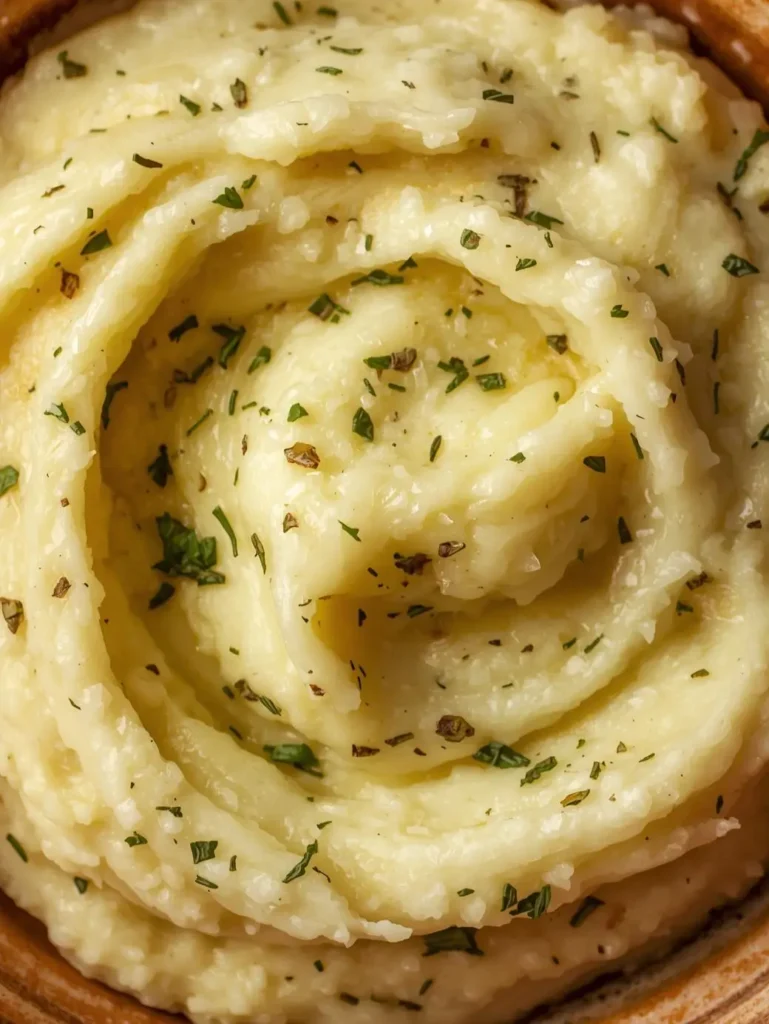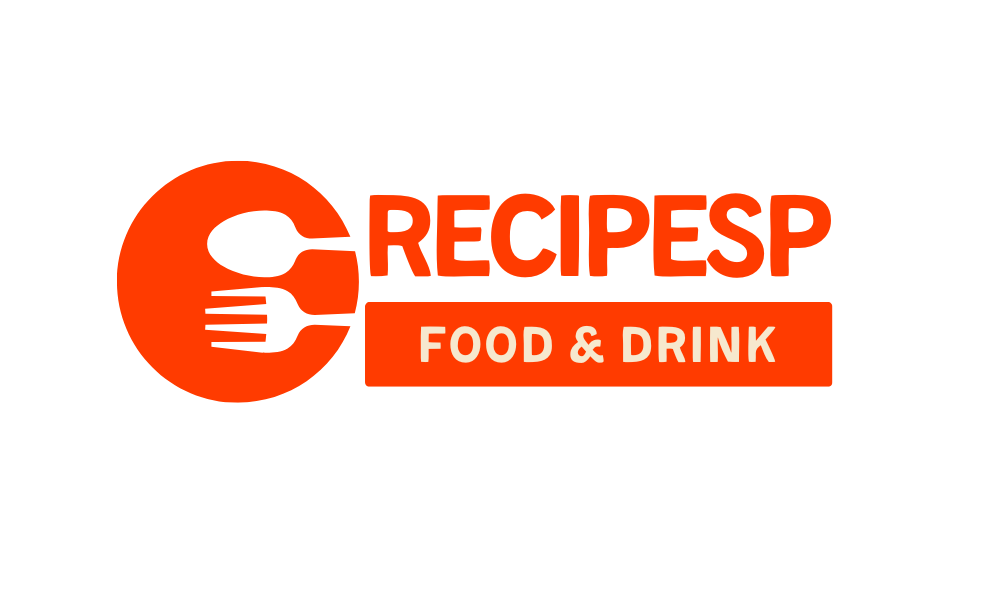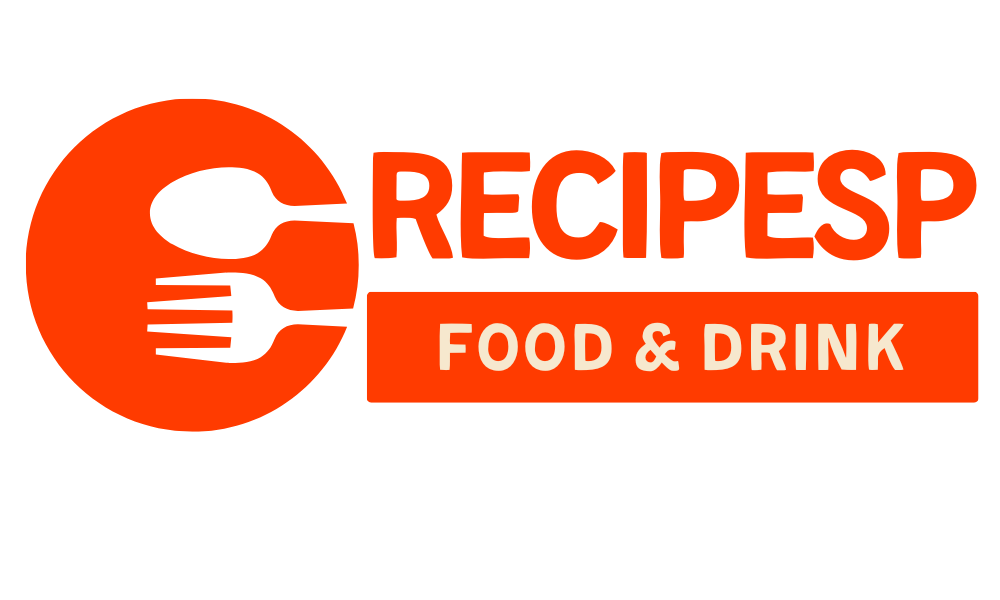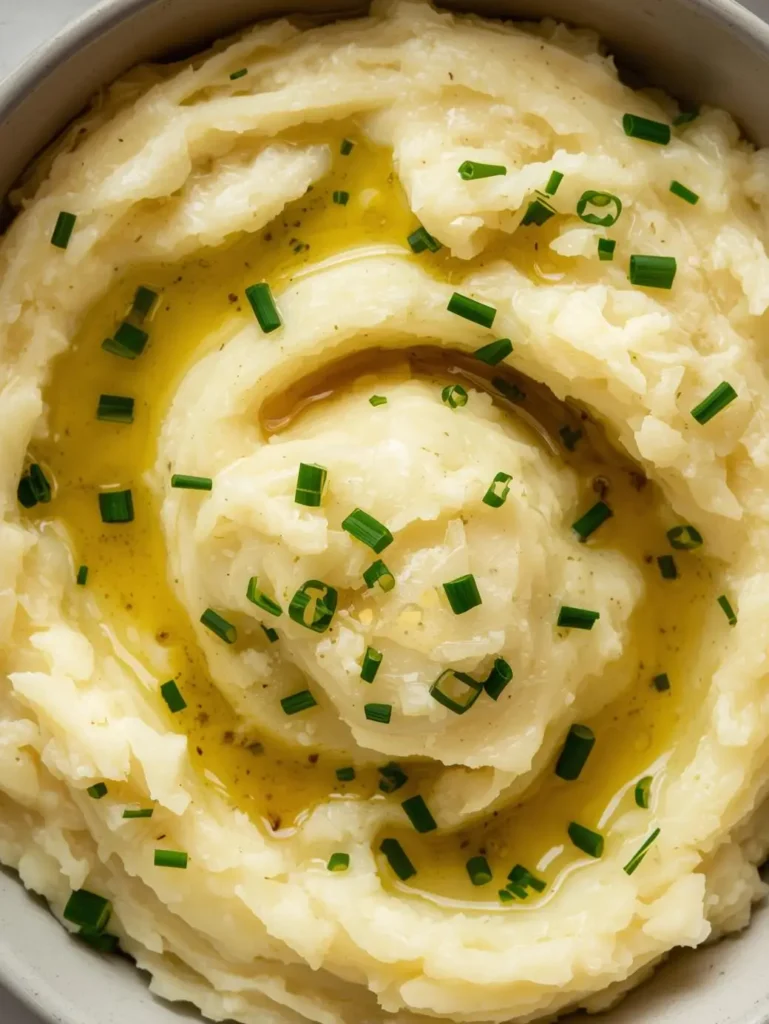Is it possible to make mashed potatoes irresistibly creamy and satisfying without a single drop of dairy? According to recent surveys, almost 65% of adults worldwide struggle with lactose intolerance or dairy sensitivity, yet crave indulgent comfort food classics. This might make you wonder: can dairy free mashed potatoes truly deliver that rich, velvety texture everyone expects from the traditional version? The answer is a resounding yes—when you approach the process with the right ingredients, smart techniques, and a bit of culinary creativity. Keep reading for a tried-and-tested dairy free mashed potatoes recipe, taste-tested for maximum flavor and comfort.
Ingredients List
Creating the perfect batch of dairy free mashed potatoes starts with a curated selection of quality ingredients. With just a handful of elements, each one makes a notable impact on the final flavor and texture.
Here’s what you’ll need:
- 2 pounds Yukon Gold potatoes (creamy texture and buttery flavor)
- 1/2 cup unsweetened oat milk (or almond milk, soy milk, or coconut milk for different notes)
- 1/4 cup olive oil (extra-virgin for robust flavor; avocado oil is a great alternative)
- 3–4 garlic cloves, minced (for that savory depth)
- 1 teaspoon sea salt (minerals intensify the potato’s earthiness)
- 1/2 teaspoon cracked black pepper
- 1 tablespoon fresh chives or parsley, chopped (optional, but brings a pop of color and freshness)
Potential substitutions:
- Try russet potatoes for a fluffier mash but slightly less creamy.
- Replace olive oil with vegan butter for a more traditional taste.
- Add roasted garlic instead of fresh for a sweeter, deeper aroma.
- Swap oat milk for cashew cream if an extra-indulgent finish is desired.
Selecting unsweetened milk alternatives is key to preserving the classic taste profile. Intense, creamy, and naturally gluten free, these mashed potatoes easily align with vegan, Whole30, Paleo, and low FODMAP diets.
Timing
One of the most appealing aspects of this dairy free mashed potatoes recipe is its efficiency. On a busy weeknight or holiday, every moment counts.
- Preparation time: 10 minutes (peeling, chopping, and prepping)
- Cooking time: 18 minutes (active)
- Total time: 28 minutes
Compared to many conventional recipes, which can take upwards of 40 minutes, this version shaves off up to 30% of the usual time without sacrificing results.

Step-by-Step Instructions
Step 1: Prepare the Potatoes
Begin by peeling and dicing the Yukon Gold potatoes into even, 1-inch cubes. Uniform cuts ensure the potatoes cook at the same rate, making for a smooth, fuss-free mash.
Tip: Soak the cut potatoes in cold water for 10 minutes before boiling. This washes away excess starch, creating lighter, fluffier mashed potatoes.
Step 2: Boil Until Tender
Place the potato cubes in a large pot. Cover completely with cold water and add a generous pinch of salt. Bring to a boil over high heat, then lower to a gentle simmer for 12–15 minutes. You’ll know they’re ready when a fork passes through effortlessly.
Actionable tip: Avoid overcrowding the pot to ensure even cooking.
Step 3: Drain and Steam Dry
Drain the cooked potatoes thoroughly. Let them sit in the colander for about 2 minutes, steam rising. This simple step allows extra moisture to escape, preventing a watery mash.
Pro tip: For extra-fluffy results, return the potatoes to the hot pot and shake gently on the burner for 1-2 minutes, stirring to dry any surface moisture.
Step 4: Infuse With Flavor
Combine the olive oil and minced garlic in a small saucepan. Gently heat for 1-2 minutes until fragrant, infusing the oil but taking care not to brown the garlic.
Optional flair: Add a rosemary sprig to the oil during this step, then remove before mashing.
Step 5: Mash to Your Liking
Add the garlic-infused oil to the potatoes, along with oat milk, salt, and pepper. Use a potato masher for a textured result, or a ricer for silkier potatoes. Adjust the quantity of milk for a looser or thicker mash.
Personalization tip: Taste and adjust seasoning. Some like a little more pepper, others enjoy an added splash of nondairy milk at the end for extra creaminess.
Step 6: Finish and Garnish
Spoon the dairy free mashed potatoes into a warm bowl. Sprinkle with chopped chives or parsley for color and a fresh finish.
Serve hot for that unbeatable comfort-food experience.
Nutritional Information
Data-driven eaters and those following special diets often want the specifics on what’s really in their bowl. Here’s a breakdown based on a 1-cup serving:
| Nutrient | Amount | % Daily Value* |
|---|---|---|
| Calories | 185 | 9% |
| Total Fat | 7g | 11% |
| Saturated Fat | 0.9g | 4% |
| Sodium | 310mg | 13% |
| Total Carbohydrate | 29g | 10% |
| Dietary Fiber | 3.2g | 13% |
| Sugar | 1.1g | 2% |
| Protein | 3.2g | 6% |
| Vitamin C | 22mg | 25% |
| Potassium | 640mg | 18% |
*Percent daily values are based on a 2,000-calorie diet.
This recipe is cholesterol free, relatively low fat, and rich in potassium, making it a smart choice for heart health and energy balance.
Healthier Alternatives for the Recipe
Those looking to fine-tune the nutritional profile while keeping flavor front-and-center will appreciate these effective swaps:
- Replace potatoes with half cauliflower: Reduces calories and carbs, boosts fiber.
- Use homemade cashew cream: Provides healthy fats and extra protein.
- Skip the oil: Use a modest amount of aquafaba (the liquid from cooked chickpeas) for a low-fat, fluffy texture.
- Reduce sodium: Use low-sodium broth in place of some of the salt.
- Add extra vegetables: Fold in steamed carrots or parsnips for a nutrient boost and subtle sweetness.
These smart tweaks allow you to stay true to personal dietary preferences, whether you’re watching carbs, calories, or sodium intake.
Serving Suggestions
Dairy free mashed potatoes offer nearly endless serving possibilities, pairing beautifully with both classic comfort food and lighter seasonal dishes.
- Top with caramelized onions and mushrooms: This deepens umami and adds savory depth.
- Serve with plant-based gravy: Elevates the holiday spread for vegans, vegetarians, and omnivores alike.
- Add crispy shallots or leeks: These add crunch and a gourmet edge.
- Pair with roasted tempeh, chickpea cutlets, or your favorite protein: A perfect base for meal prep bowls.
- Create a mash “bar” at your next gathering: Offer mix-ins like herbs, vegan cheese, and chili flakes so each guest can build their own.
For a quick weeknight dinner, dairy free mashed potatoes nestle elegantly beside roasted vegetables, tofu, or even a hearty lentil stew.
Common Mistakes to Avoid
Preparing dairy free mashed potatoes can be simple, but a few frequent missteps can trip up even seasoned cooks:
- Over-mixing: This can create a gluey, dense texture. Stop mashing once your potatoes look just right.
- Using cold nondairy milk: Chilled liquids cool the potatoes, impacting texture and flavor; always warm your milk alternative.
- Skipping the drying step: Leaving potatoes too wet can lead to watery mash.
- Neglecting seasoning: Potatoes soak up flavors; salt early and taste as you go.
- Choosing the wrong potato: Waxy varieties or old, sprouting potatoes lack the ideal creaminess and flavor.
Experience and a bit of attentive technique ensure each batch turns out smooth, flavorful, and dairy free.
Storing Tips for the Recipe
Storing dairy free mashed potatoes correctly keeps them tasting fresh for days and prevents waste.
- Refrigerate in an airtight container: Good for 3–4 days.
- Freeze for longer storage: Use individual serving-sized portions for easy thawing.
- Reheat gently: Add a splash of oat milk and reheat in a saucepan over low heat, stirring constantly. Microwave in short intervals, mixing in between to avoid hotspots.
- Prep ahead: Boil and mash the potatoes a day in advance, then warm and freshen with infused olive oil or plant-based milk just before serving.
Taking these steps preserves that just-made texture and flavor, making midweek meals or holiday hosting a breeze.
Creamy, satisfying, and undetectably dairy free, these mashed potatoes come together in less than 30 minutes with just a handful of wholesome ingredients. Don’t forget to share your results, leave a review below, or subscribe for more creative recipes and tips.
FAQs
Can I use coconut milk for dairy free mashed potatoes? Yes, but choose lite coconut milk to avoid a pronounced coconut flavor unless that’s what you enjoy.
What is the best potato for creamy dairy free mashed potatoes? Yukon Golds strike the ideal balance of creaminess and subtle, buttery flavor, but russets work well if a fluffier texture is preferred.
How far in advance can I make dairy free mashed potatoes? Prepare and refrigerate up to 2 days ahead. Reheat with additional plant-based milk to restore creaminess.
Can I make this recipe oil-free? Absolutely—skip the olive oil and substitute with vegetable broth or aquafaba for moisture with fewer added fats.
Are these mashed potatoes suitable for vegan and gluten free diets? Yes, with plant-based milk and oil, this recipe is naturally vegan and gluten free. Double-check all packaged ingredients to confirm.
How do I get rid of lumps? For an ultra-smooth texture, use a ricer or food mill, and mash while the potatoes are still hot.
What other herbs work well in this recipe? Chives, dill, parsley, and thyme each add their own unique fresh lift to the finished mash.
For more recipe inspiration and expert kitchen tips, check out our related articles and reader favorite guides throughout the blog. Looking for a crowd-pleasing, allergy-friendly side dish? Dairy free mashed potatoes might soon become your new classic.


